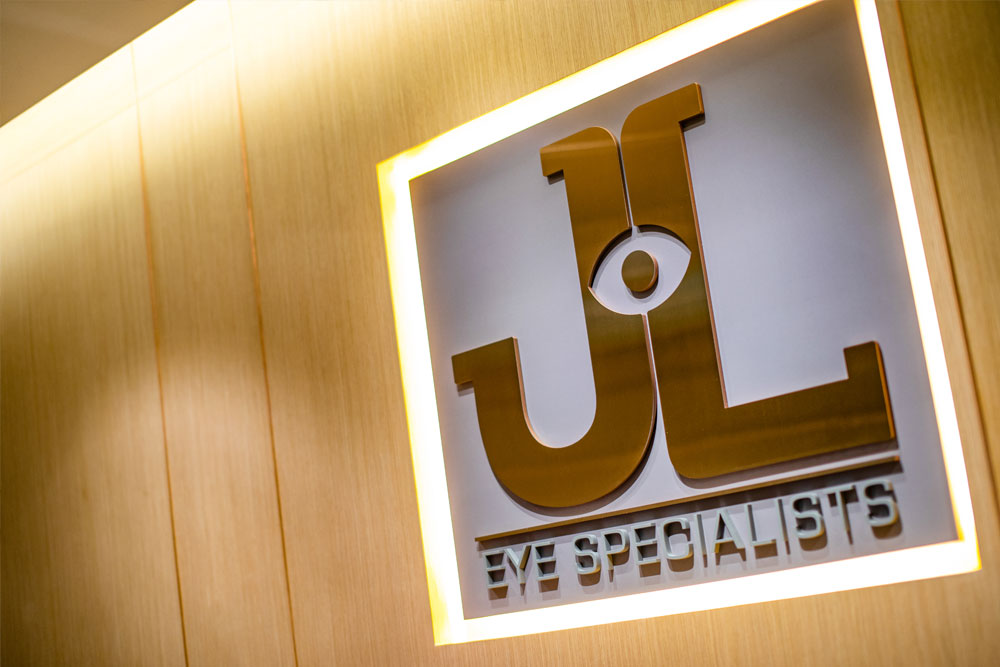LASIK (Refractive Surgery): Is It The Best Option For You?
Imagine waking up in the morning without having to do the whole complicated ritual of upturning your whole room to look for your glasses, or going diving without fear of the blurry depths.
With LASIK, people who have lived for years with glasses or contacts can finally function without them. Yet like any surgical procedure, there are risks involved that people should know before deciding to get LASIK done. Prospective patients should educate themselves on how the process works, to manage expectations.
How Does LASIK Work?
LASIK is an acronym for Laser-Assisted In Situ Keratomileusis. Keratomileusis literally means sculpting the cornea, and is essentially how LASIK works. A corneal flap is created using a femtosecond laser machine. The surgeon lifts and folds back the corneal flap, then proceeds with an excimer laser to reshape the cornea, allowing light to focus on the retina, improving vision.
Through LASIK, the cornea is reshaped to correct refractive errors such as myopia (nearsightedness), hyperopia (farsightedness), and astigmatism.
The procedure that would become LASIK surgery was developed in 1948 by Spanish ophthalmologist Jose Barraquer Moner. It would take a little over 50 years for LASIK to be approved by the FDA. But since 1999, over 16 million people in the US alone have had LASIK surgery, and more than 700,000 people undergo the procedure each year.
LASIK Surgery Pros
LASIK has a high satisfaction rate amongst patients. According to the Journal of Cataract & Refractive Surgery, nearly all patients experience improved 6/12 vision after surgery, and 90 percent report achieving perfect 6/6 vision after.
Besides better vision, LASIK is appealing to many because of its relative painlessness, and speed at which it is performed. LASIK surgery is an outpatient procedure, and takes as little as 20 minutes for each eye.
LASIK Surgery Cons
The pros of LASIK surgery often outshadow the cons. Still, patients should evaluate the risks involved so they can make an informed decision.
A common LASIK-related risk is developing dry eye after the procedure. However, the condition is often more temporary than permanent. Developing glares or halos in your vision are uncommon, but not unheard of. There’s also the risk of your vision deteriorating over time after surgery. Known as myopic regression, the risk is higher for patients who have higher prescriptions. In such cases, a second LASIK may be needed.
Am I A Good Candidate For LASIK?
Here are some things that qualify you as a good LASIK candidate:
- Your eyes should be healthy beforehand. Some pre-existing conditions can make surgery harder to perform for the surgeon. Conditions such as dry eye should be resolved before going under the laser. Your corneas should also be free from scarring from prior trauma, or congenital abnormalities. Patients who actively engage in activities that might injure the eye, such as contact sports, should consider Advance Surface Ablation or PRK.
- Your eye prescription should have been stable for at least a year. Eye prescriptions fluctuate, especially for younger patients. This is also the reason why LASIK is not recommended for anyone under the age of 18.
- Patients over the age of 45 are also notified that the effects of LASIK may last a shorter period compared to someone in their twenties. This is because the lens of the eye hardens as we age, changing the refractive error and also making it more difficult for the eye to focus on new objects. Patients with this condition called presbyopia who still opt for LASIK will need to wear reading glasses after surgery.
- You have to be free of certain disorders and diseases. Autoimmune diseases like lupus can complicate surgery because of the condition and medications you need to take, and puts you at risk of corneal ulcers or corneal melts.
- If you are pregnant, you should delay having LASIK surgery as hormonal changes may affect the stability of your vision. Doctors advise against LASIK throughout pregnancy, and up until three months after breastfeeding.
For many, LASIK can be life-changing. The ability to live without fear of misplacing your glasses or infections from contact lenses is invaluable. However, a bit of due diligence is needed before signing up for it. Prospective patients should be sure that they’re healthy enough for LASIK for optimal results.
Wondering if you and LASIK are a good match? At JL Eye Specialists, our medical director Dr Jimmy Lim can evaluate your eligibility for refractive surgery, or should you be a poor match, talk about alternative options for LASIK. Book a consultation with Dr Jimmy Lim today.
Related Post:
More Topics to Explore:
Relevant Services:
Our Doctor

DR. JIMMY LIM
Dr. Jimmy Lim is a top ophthalmologist for cataract eye surgery in Singapore, offering over 20 years of expertise in cataract treatment and management.
Gleneagles Medical Centre
6 Napier Road #07-10,
Singapore 258499
Phone: +65 6258 8966
Fax: +65 6258 8766

JL Eye Specialists is an ophthalmology clinic in Singapore that specialises in general ophthalmology, cornea, refractive (LASIK), and cataract surgery.
To cover the expenses that you may incur, we accept several corporate and international insurance policies. If you have any of the insurance plans at this side, please let us know when you schedule an appointment with us. For more questions, feel free to contact us at +65 6258 8966.





